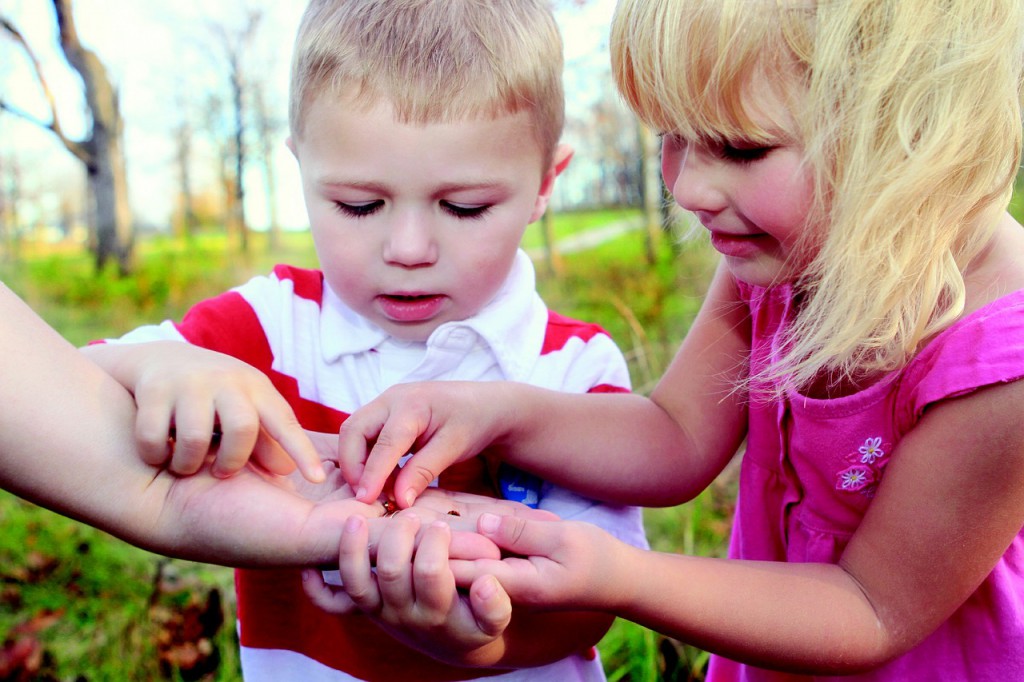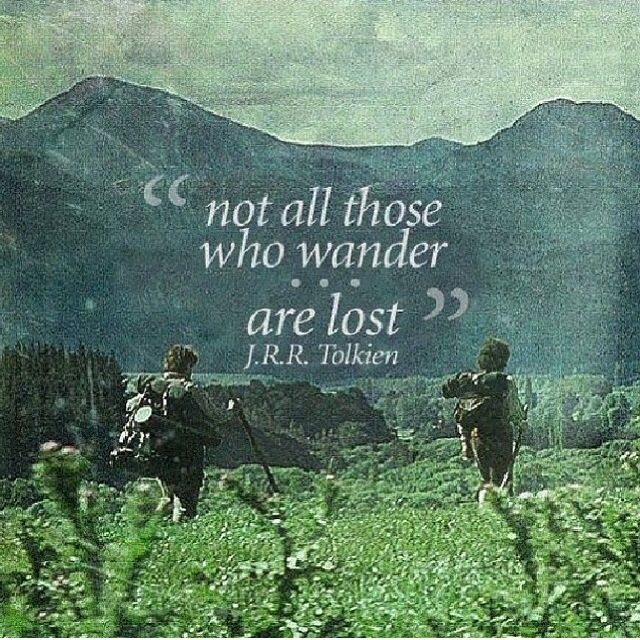 After some time traveling for work, having done a lot of reading along the way, I am finally pausing enough to share some of what I learned via a #5Papers strategy:
After some time traveling for work, having done a lot of reading along the way, I am finally pausing enough to share some of what I learned via a #5Papers strategy:
1/ I read Barrett, Harmin, Maracle, Patterson, Thomson, Flowers, & Bors (2016)…
2/ …Shifting relations with the more-than-human: six threshold concepts for transformative sustainability learning
3/ http://dx.doi.org/10.1080/13504622.2015.1121378 via #5Papers Continue reading “Shifting relations with the more-than-human: Six threshold concepts for transformative sustainability learning – An Article Summary“


